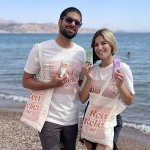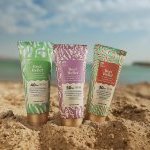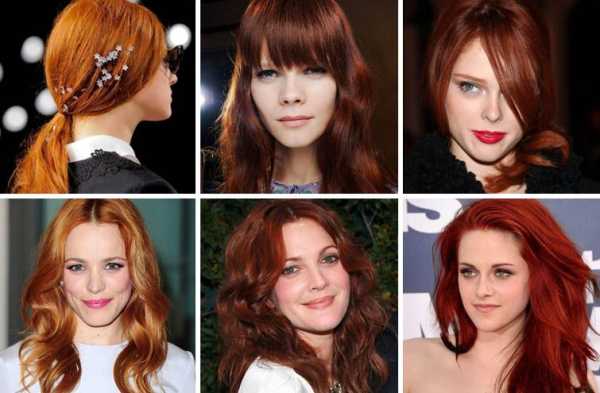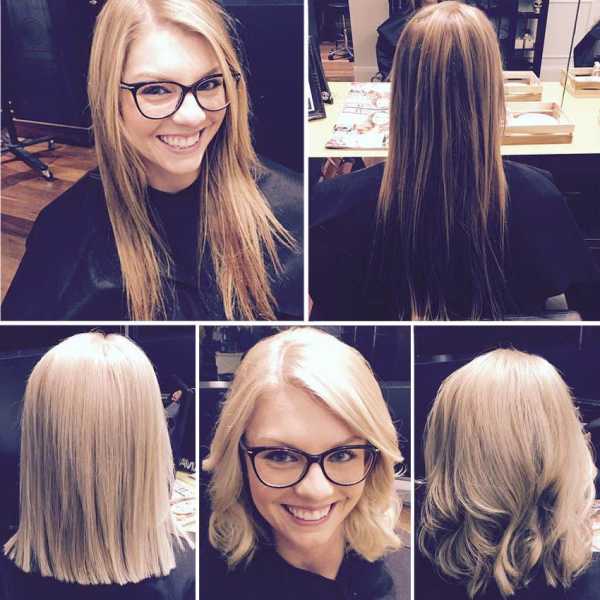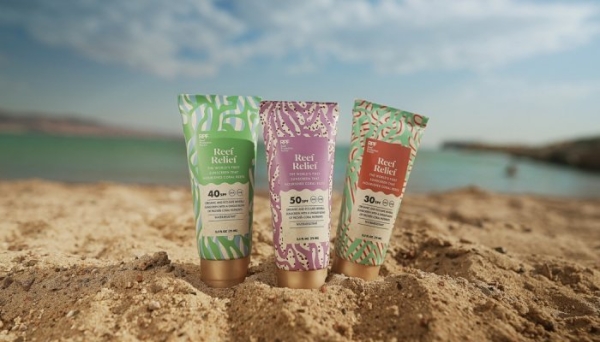
Although beneficial for combating the damaging effects of ultraviolet rays, sun creams and tanning oils have also come under fire due to potential damages caused to coral reefs when they contain certain chemical UV filters. In Israel, Eilat, a resort city on the shores of the Red Sea, is putting recent researches under the spotlight to promote the development of a sunscreen formulated to nourish endangered corals. Moreover, the city wants the adoption of an international standard assessing the impact of sunscreen products on coral reefs.
Tourists use between 16,000 and 25,000 tonnes of sunscreen each year in tropical regions, potentially releasing between 4,000 and 6,000 tonnes of sunscreen into reef areas, according to the findings of a study published in the scientific journal Environmental Health Perspectives. While it’s impossible, and even totally inadvisable, to stop protecting ourselves from the harmful effects of ultraviolet rays, many brands are now working to offer sun protection products claiming a lower impact on the marine environment. This includes eliminating some UV filters, such as oxybenzone and octinoxate.
A combination of trace minerals
In order to go even further, Eilat, a seaside town in southern Israel which is home to the Coral Beach underwater reserve, featuring around a hundred species of coral and several hundred species of fish, has solicited scientists to create products that could actually reverse — as far as possible — the mechanism that contributes to coral bleaching.
Marine scientists and skincare experts have worked hand in hand to develop a new formulation based on a non-nano, titanium-dioxide-based, mineral sunscreen. The base formula is Ecocert compliant and has undergone extensive aquatic safety testing. The added reef nourishing formula is a bespoke blend of FDA-compliant trace minerals used by coral farmers to feed and support healthy growth in coral.
“The development of a sunscreen that not only doesn’t harm coral, but has the potential to feed and nourish our reefs, is an important step towards protecting and preserving our oceans,” said Giovanni Giallongo, Marine Biologist at the Ben Gurion University of the Negev in Eilat.
Towards a new standard?
Nothing revolutionary from a technical point of view, but the objective is to clarify claims related to the protection of the marine environment through the introduction of a new industry-wide standard dubbed RPF (for Reef Protection Factor) that would help consumers make informed choices.
“An increasing number of products claim to be ’reef-friendly’ or ’reef-safe’, but there is a lack of regulation in this area which means that consumers are easily being misled. It’s hoped that the new RPF marque will become an industry standard and spread beyond Israel, worldwide, helping consumers make responsible choices,” the experts behind the initiative explain in a statement.
“This is a way of identifying sunscreen that truly cares for coral,” added Giovanni Giallongo.
Last year, a class action lawsuit was launched in the United States against Australian brand Bondi Sands over alleged false claims in relation to reef protection. Other actions have been launched on a similar basis against several other manufacturers.
Portfolio
